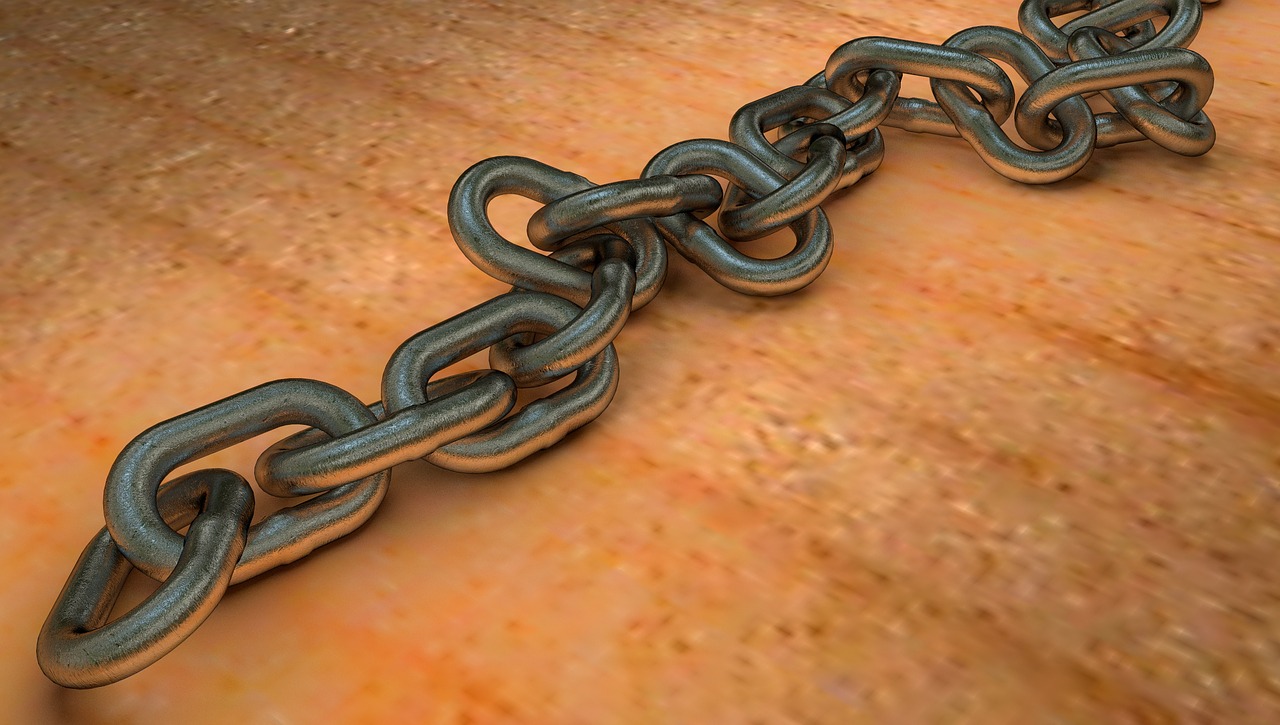Chain liability

As of the 1st of July 2015 the Action on Scheme Arrangements Act came into force for employers and clients. In this act chain liability for salaries has been introduced. In this article we will explain what this kind of liability entails and when you could have to deal with this as client, employer or employee. Furthermore it will be discussed when employees can hold their client liable and how clients can prevent such liability.
There are various parties which play a role in the context of chain liability. These are main clients, main contractors, subcontractors, employment agencies, employers and employees.
You can assign certain tasks to another company in order to perform certain operations. This subcontractor can then decide to hire personnel to perform these operations, which sometimes will be arranged further by an employment agency. A chain has been created. All parties in this chain are equally responsible for the salary of the employee. When this salary has not been paid to the employee, he can hold every party in the chain liable for the payment of his salary and that is what chain liability entails.
Three requirements exist. Firstly a chain of companies has to exist, which can consist of international companies. These companies all must be performing a part of the work or the assignment. Secondly, operational agreements or contracting agreements must be in place between the different parties. The third and last requirement is that the employee who in the end performs the operation has not or has not fully received his salary. No chain liability exists when it concerns a sales agreement, when independents are called in or when an individual hires a company to perform a certain operation.
The employee can thus hold any pin in the chain liable for the fact that he did not receive any salary. The various pins can push that liability to the next pin in the chain until the main client is reached. This is called pre-emptive liability.
As employee it is advisable to firstly go to your own employer or to the most direct client. When they do not pay you can go to the next pin in the chain. When that also does not work, you can go to court and involve the client or direct employer in legal proceedings. When payment still is lacking these steps have to be repeated for the next pin in the chain. Only when the direct employer or client is nowhere to be found you can go directly to that next party. You will need a statement from the trustee for this. This also applies to parties which are not registered in the register of the Chamber of Commerce or a similar foreign register, bankrupt parties and those bankrupt parties which cannot satisfy their claims with respect to salaries.
Two situations could occur in which the employer can go directly to the main client. This is when the salary has not been paid a year after the performance of the operations or when serious underpayment exists. In such cases an employee can go to the main client after a half year. Serious underpayments can be established when the employee has received less than half of the agreed salary for three months or when the employee has received 70% of the minimum wage for three months in a row, including holiday allowances. The chain will be active when the employee hands in his claim to the employer and informs the main client at the same time.
When you come into such a situation as employee or when you are intertwined in a chain as employer or subcontractor, please contact our attorney Suzanne van Dijsseldonk LLM for more information.

